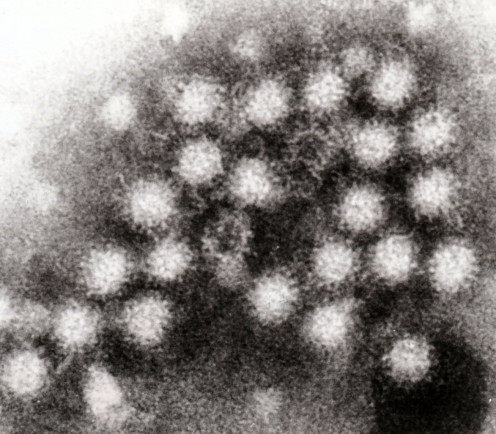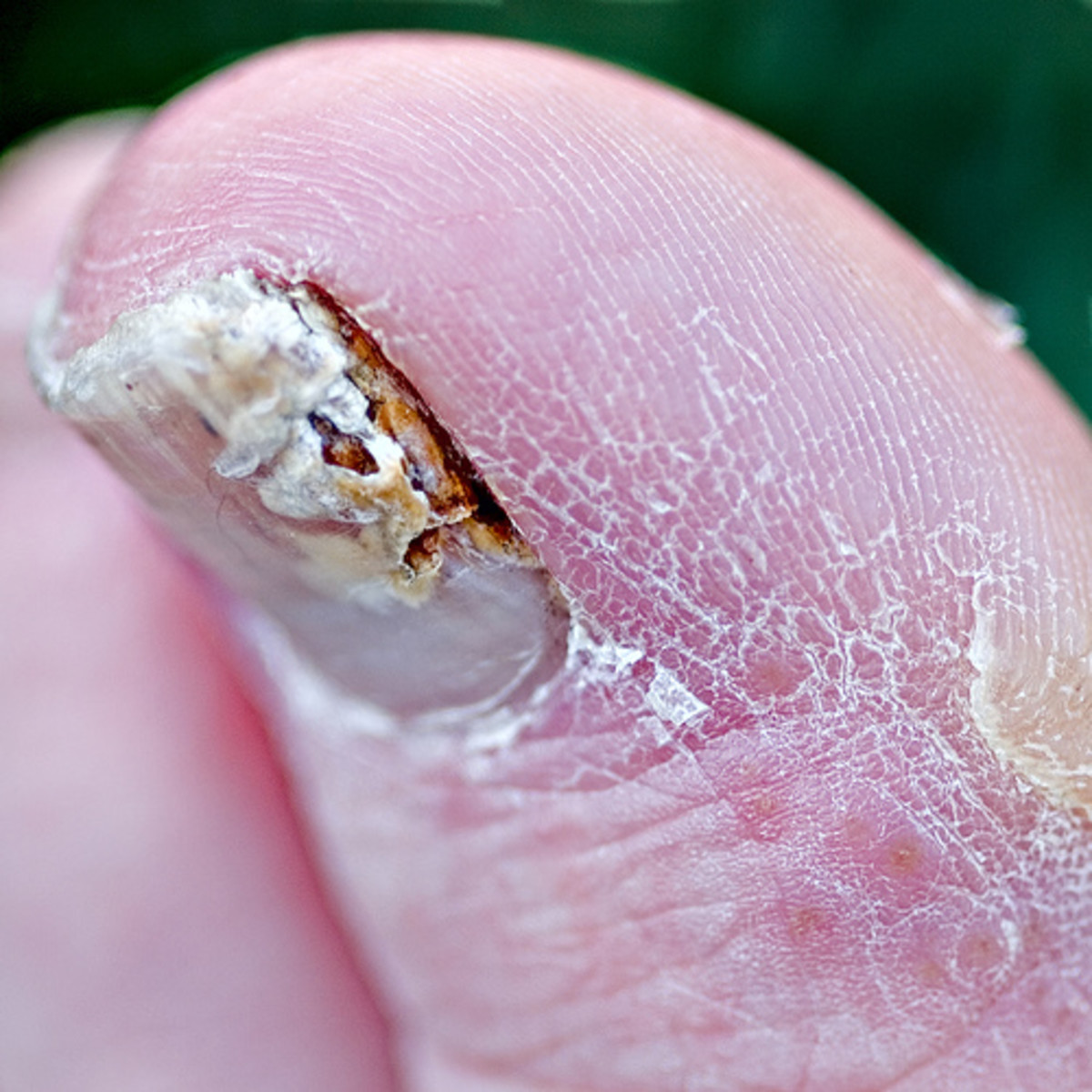What Is Norovirus?
A Norovirus is a virus that causes stomach illness. This virus is the most common cause (besides bacteria) of what is referred to as stomach flu, attributing to about 90% of occurrences. It may also be the contributor of about half of all outbreaks from food. Although commonly referred to as stomach flu,this virus actually is not related to influenza (flu). Norovirus is often called "food poisoning" as well as "winter vomiting disease". Regardless of what you call it, if you get it, you will wish you hadn't!
People who get the norovirus
The norovirus infection isn't limited to certain age groups. People of all ages are affected by this virus. Some of the ways that this virus is transmitted are: contact with infected person, contaminated food, and contact with surfaces that are contaminated. The illness from norovirus usually lasts 24-48 hours and is not too serious for most healthy adult people. It can be more serious for the elderly, children, and persons who have weakened immune systems. Although it usually is not considered too serious, it can be very unpleasant. Additionally, you must be aware of any complications that may arise as a result of the illness.
Confined areas and places where people are coming into contact with each other are places where norovirus more commonly occurs. Classrooms, dorms, prisons, and care facilities are all examples of favorable locations for norovirus to spread. The virus spreads fast, potentially infecting many people in outbreaks. An infected person is contagious from the point they feel ill until three days or more after they recover from the illness.
Most norovirus infections are likely caused by an infected person handling food just prior to the food being eaten. Routine and thorough handwashing is imperitave to combat the spread of norovirus. Often, foods that are served cold are considered to be the cause of outbreaks. Additionally, norovirus has been found to be rampant in British oysters. Approximately 75% of British oysters were found to carry the norovirus in 2011.
Common symptoms:
- Diarrhea
- nausea
- vomiting
- fatigue
- stomach pain and cramping
- fever
- muscle aches
- dehydration as a result of vomiting and diarrhea
Vaccine and treatment
A vaccine for this virus does not exist. There is no way to prevent from getting the norovirus other than avoiding contact with contaminated food or surfaces, or contact with infected persons. Also, there is no treatment for people afflicted with the virus. Antibiotics are useless in treating the norovirus, as they are used for bacterial infections and not viruses. Unfortunately, this means that there is no simple way to prevent getting the illness.
Prevention
Frequently and thoroughly washing hands is essential. Soap and water should always be used after using the restroom and before eating. As an alternative, when unable to wash hands, a hand sanitizer can be used. When possible, however, washing of hands with soap is preferred over using hand sanitizers. This should be considered the first defense against contracting norovirus an other types of common illnesses.
Preventing spreading
Be aware of foods that you are preparing to consume and consider if they are at risk for carrying norovirus. Make sure to thoroughly wash produce. There are commercially available products for washing produce that can help with this. To reduce your risk, you should avoid raw or under-cooked fish and shellfish, such as oysters. If you are infected with the norovirus, do not handle or prepare food for other people until after three days of being free of the virus. Doing so would increase the risk of spreading the virus to another person.
Contaminated surfaces should be thoroughly cleaned right away. Bleach cleaning solutions should be used to disinfect surfaces, to kill the virus. Any clothes that may be contaminated should be washed as soon as possible. The clothes should be washed on the longest cycle, with detergent. The clothes should then be machine dried.


Stay healthy
Now that you know more about this virus, you can try to avoid contracting it, and keep from spreading it. Anyone that has experienced norovirus will probably tell you that it is an unpleasant experience, and one that you wish to avoid. Everyone must play a part in limiting the spread of norovirus and other contagious illnesses. Be mindful, and stay healthy.








